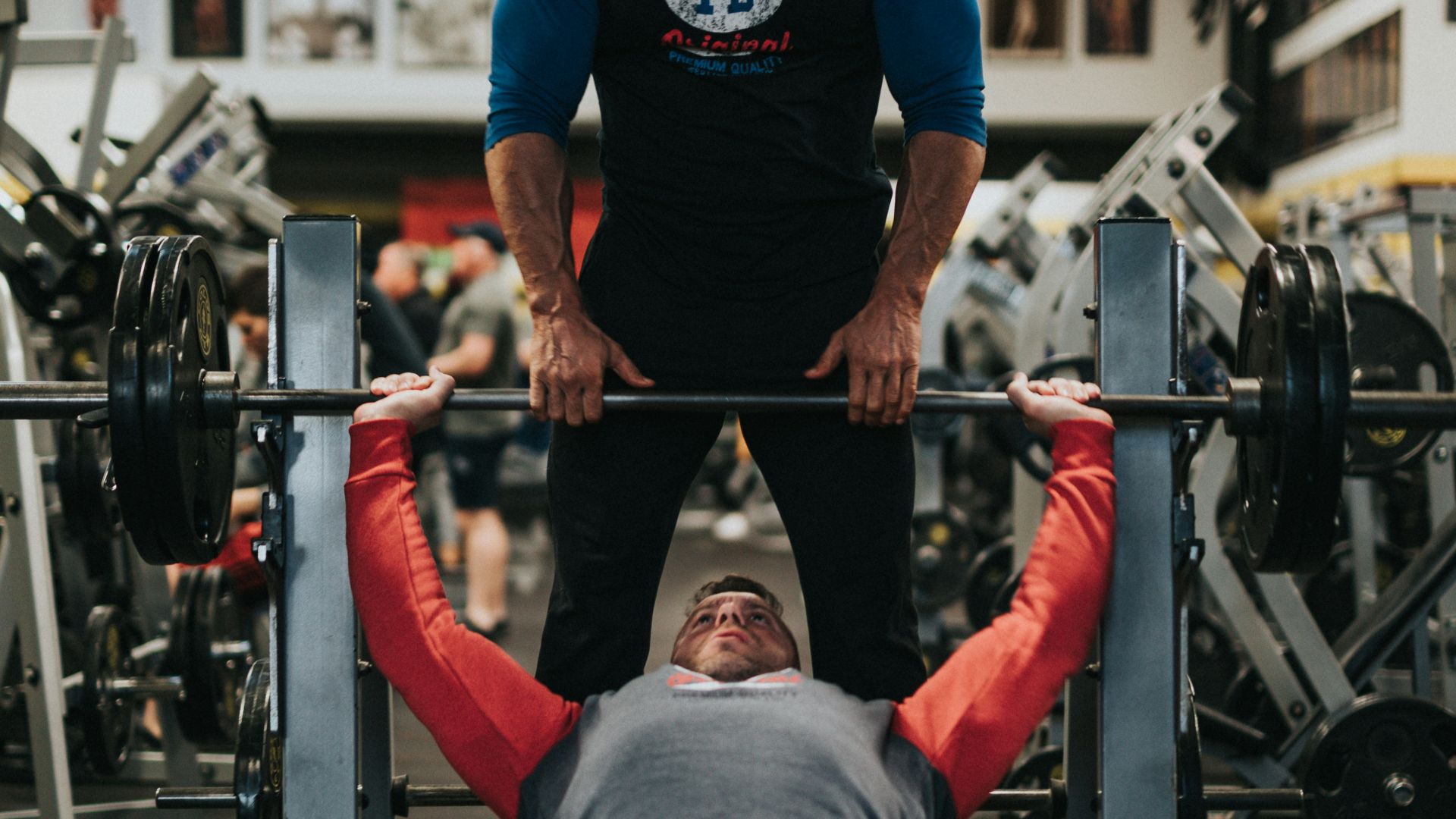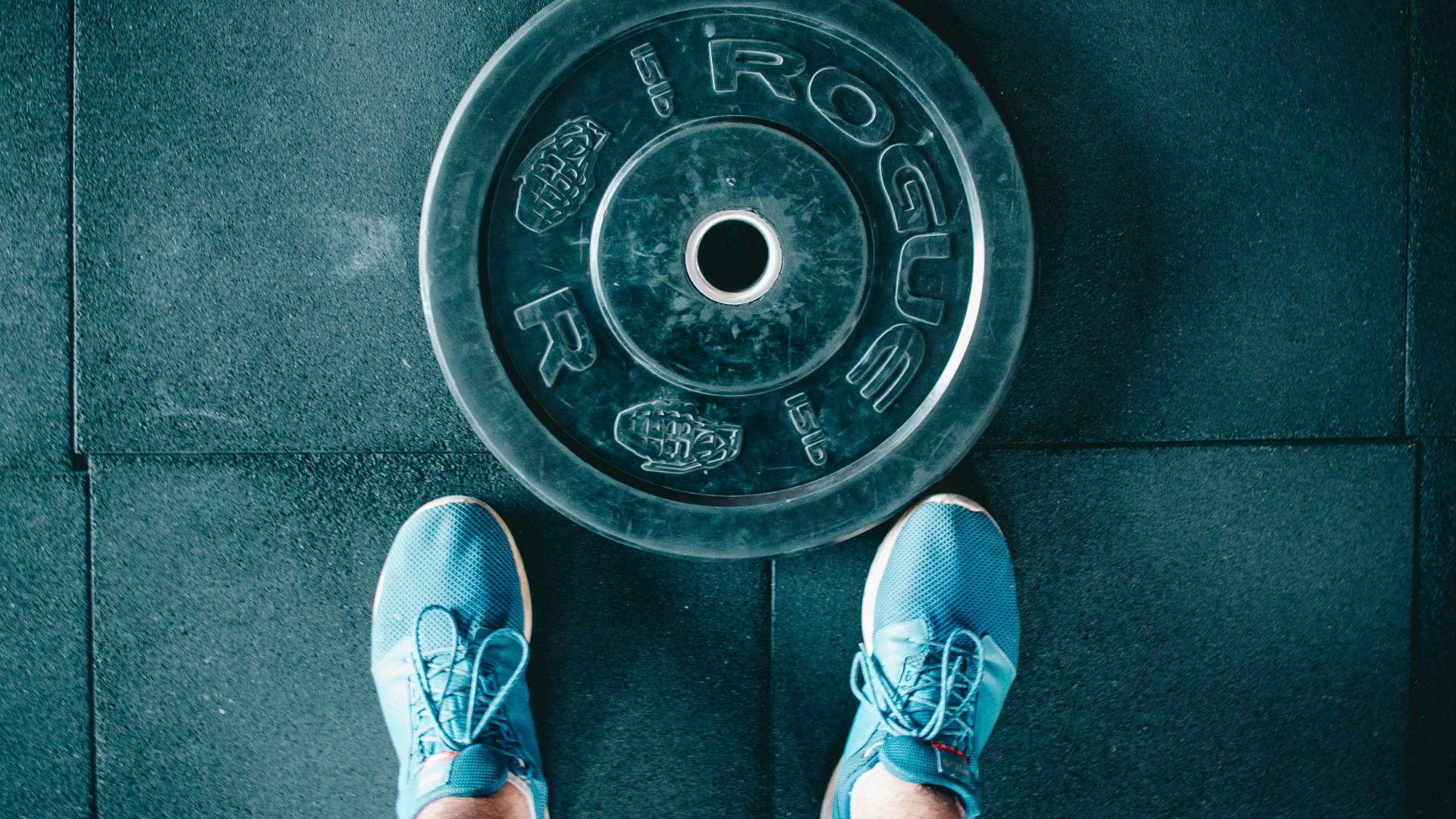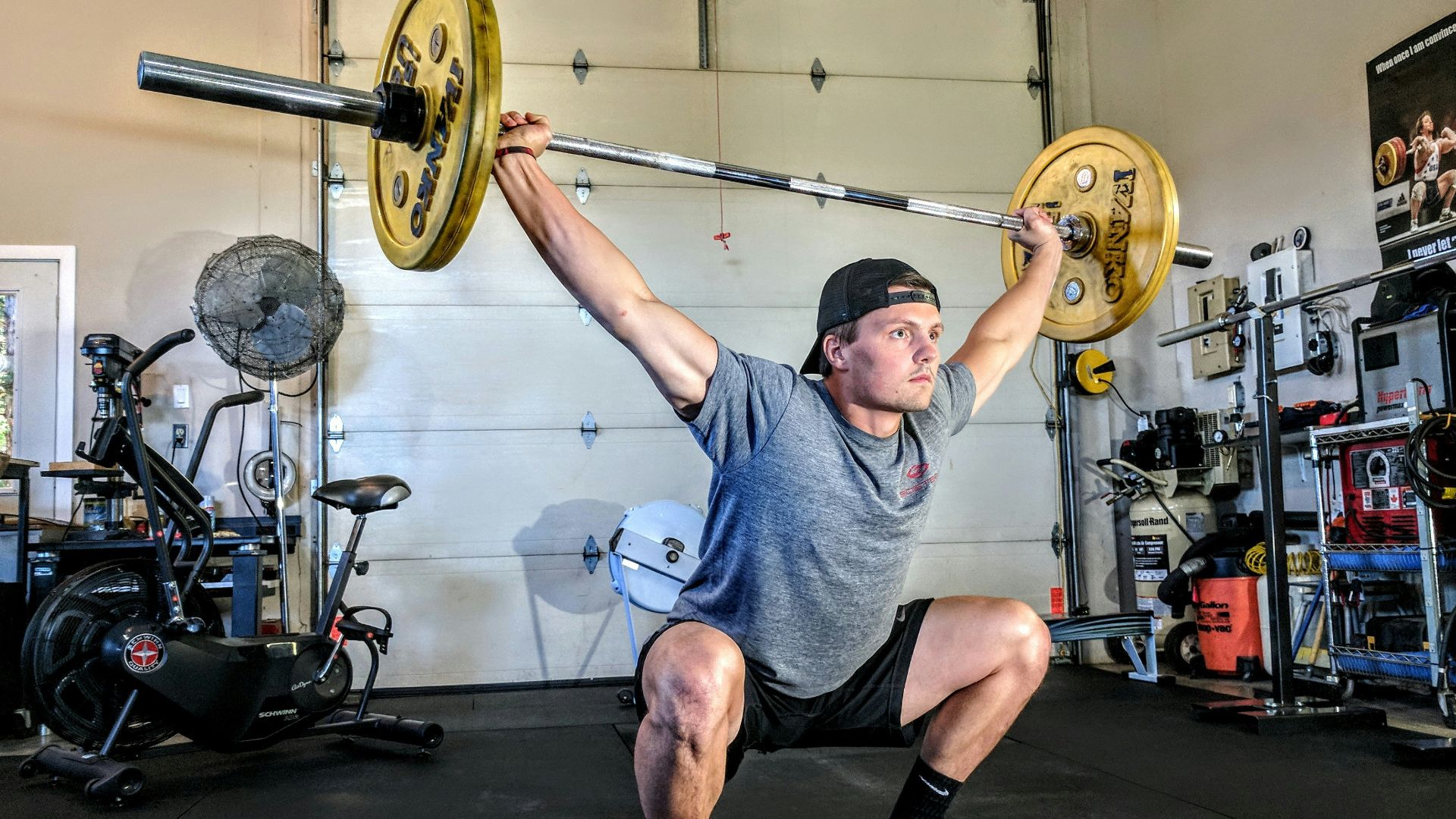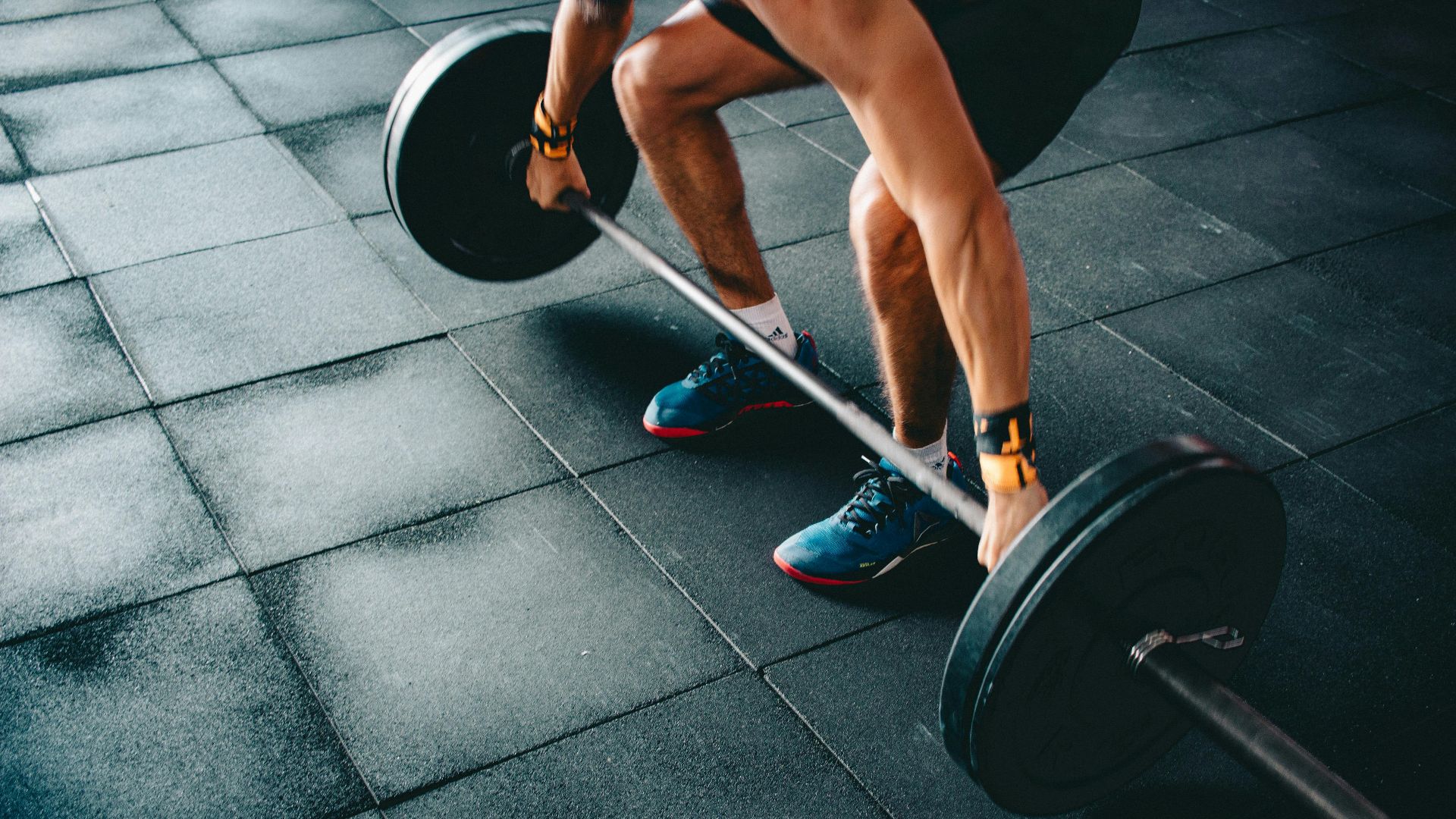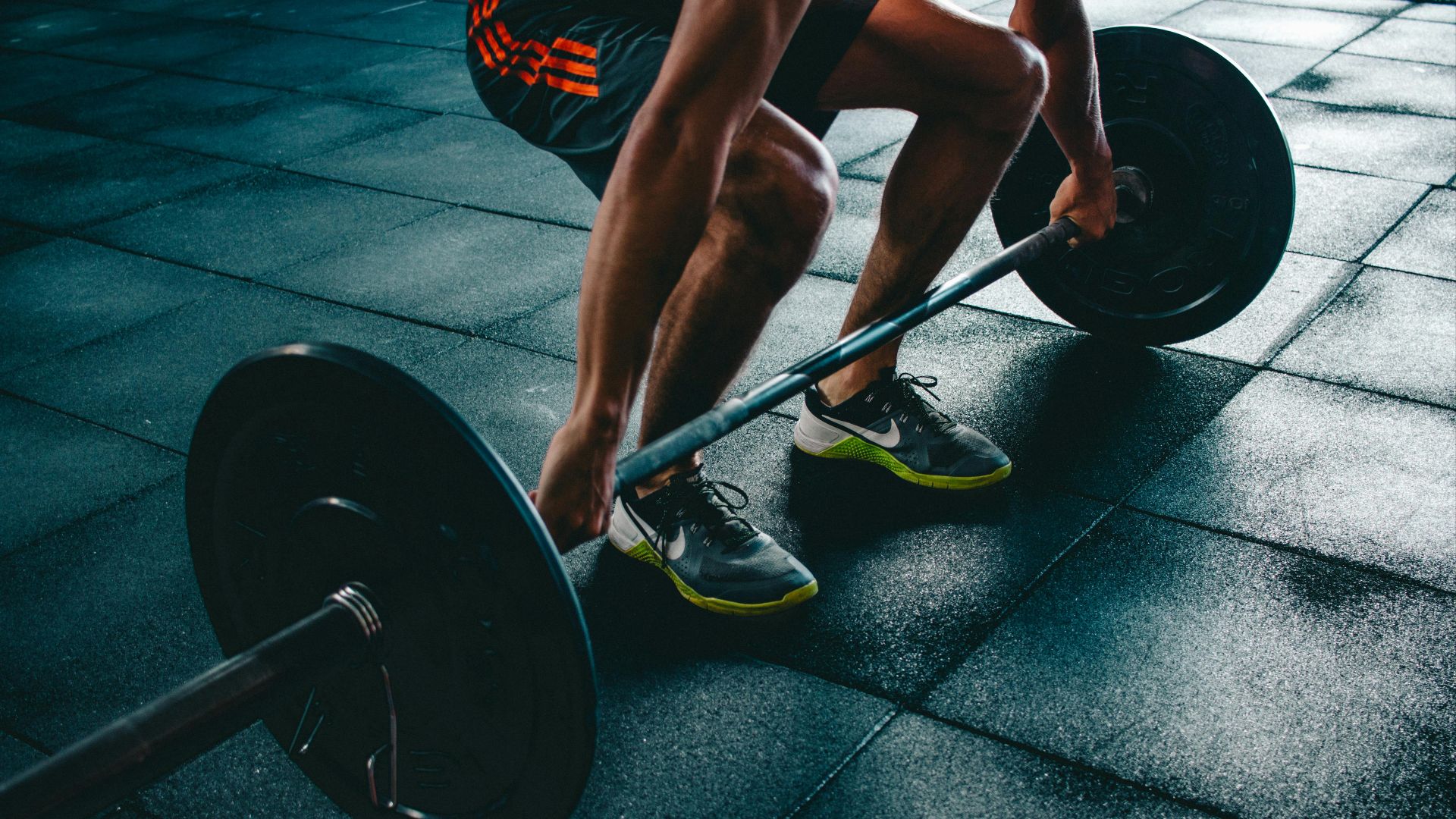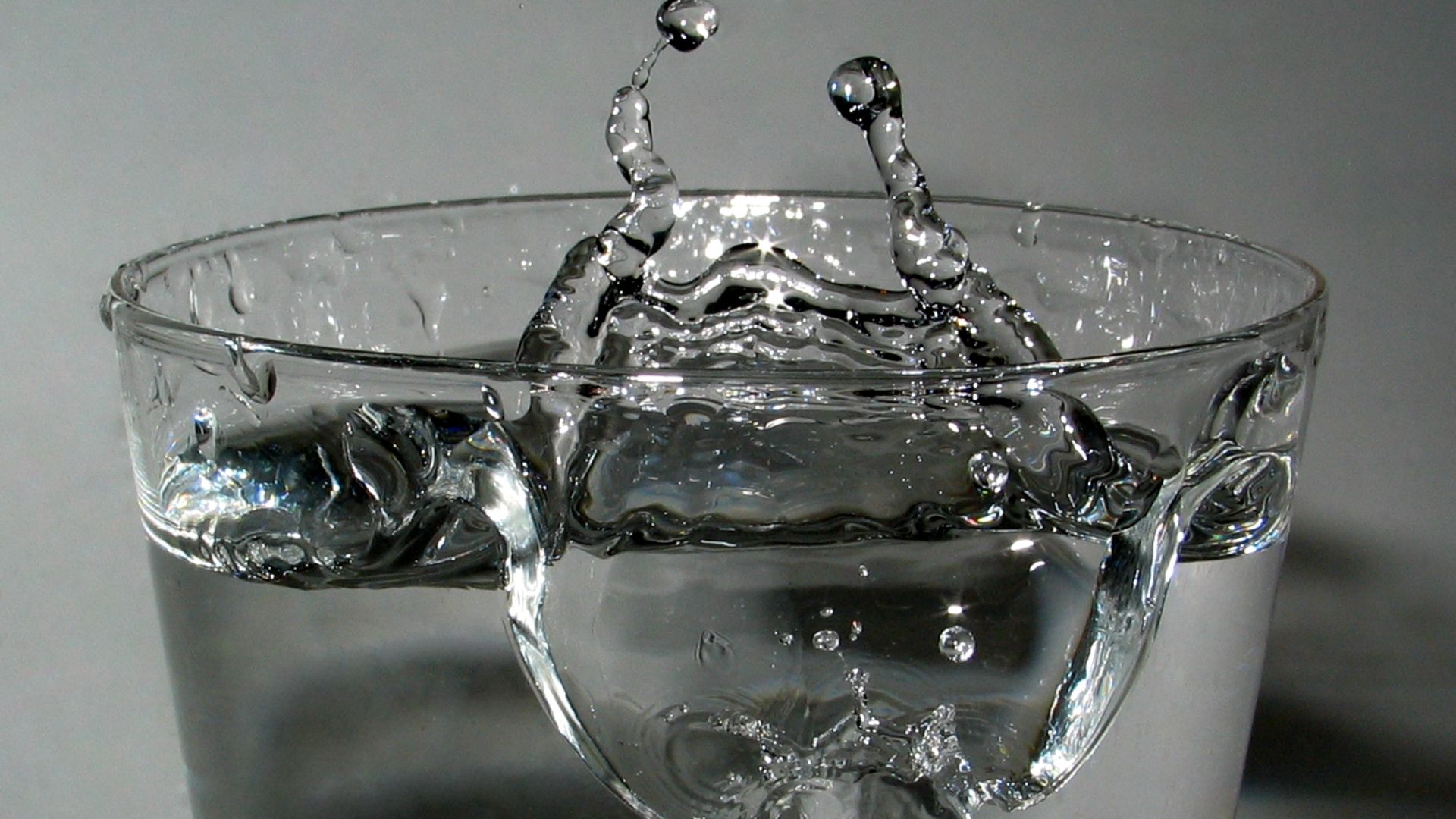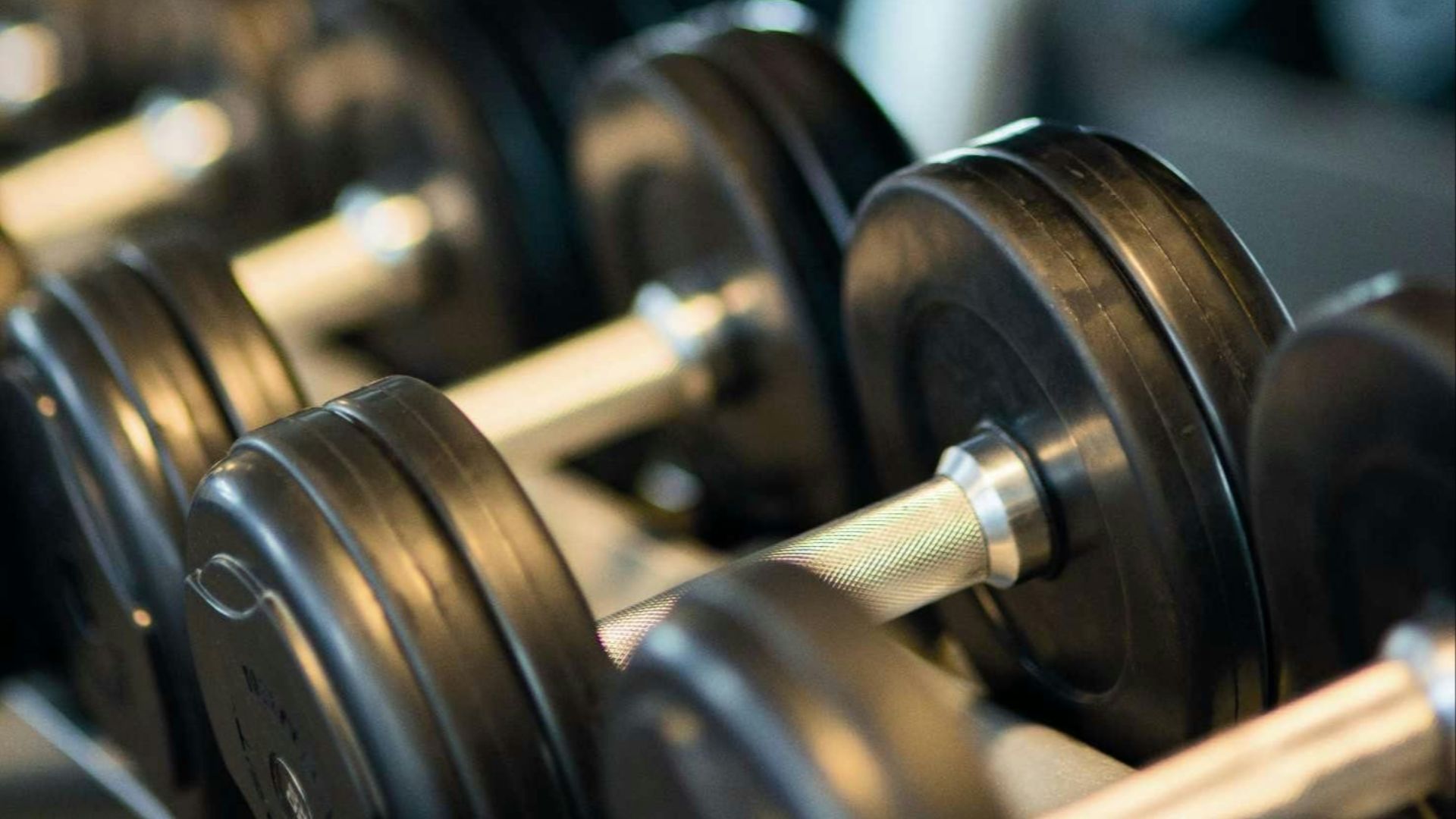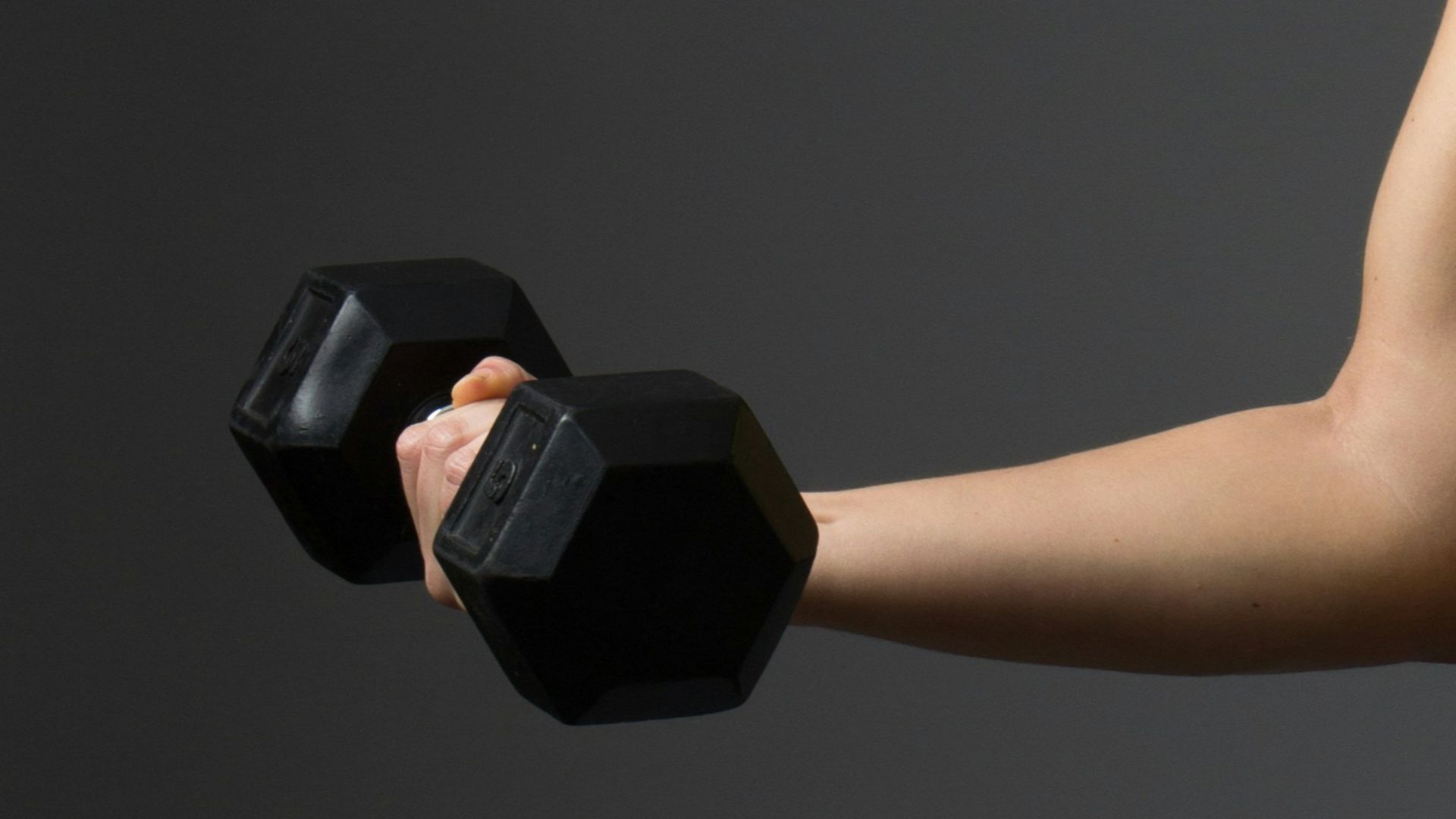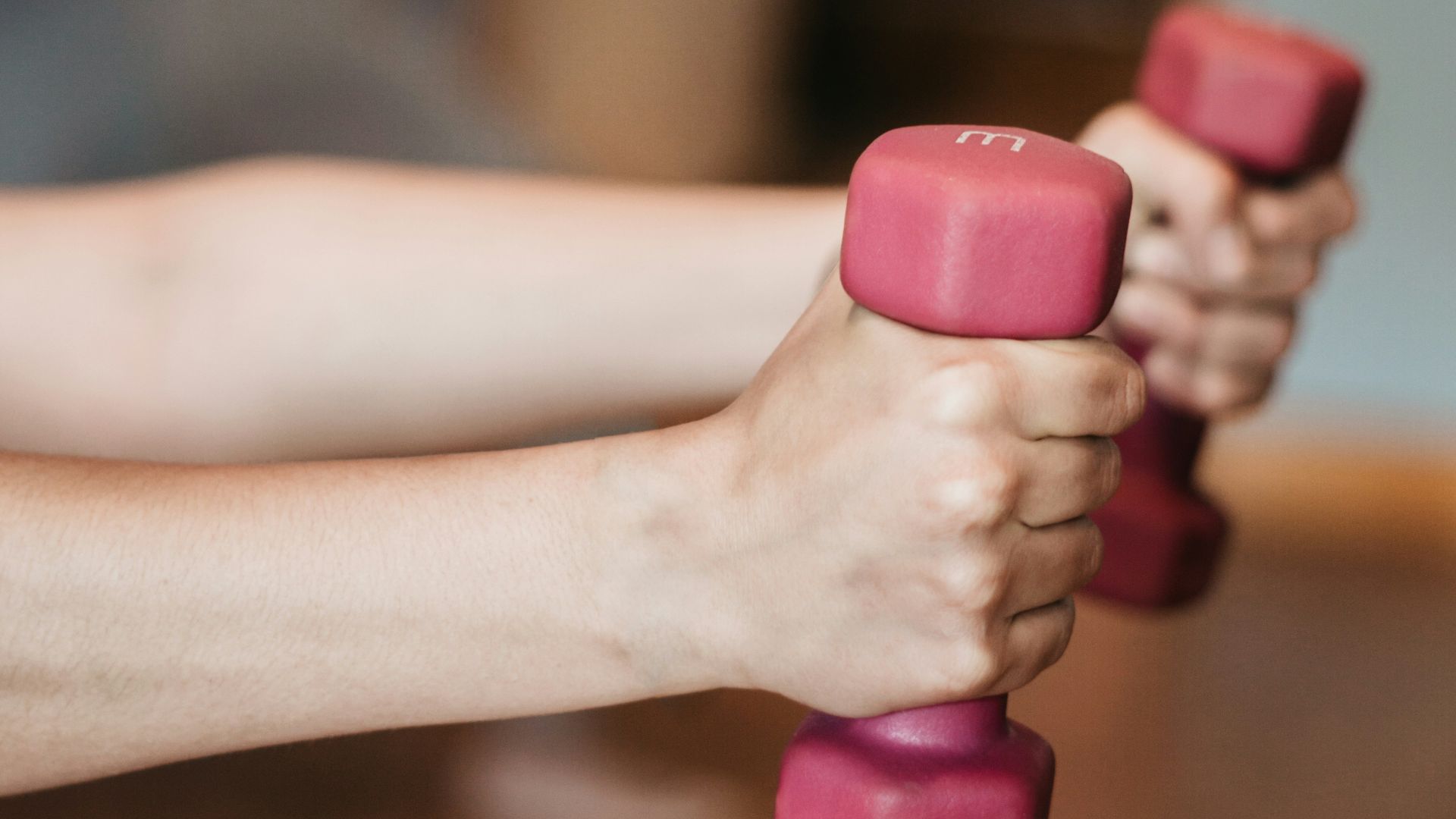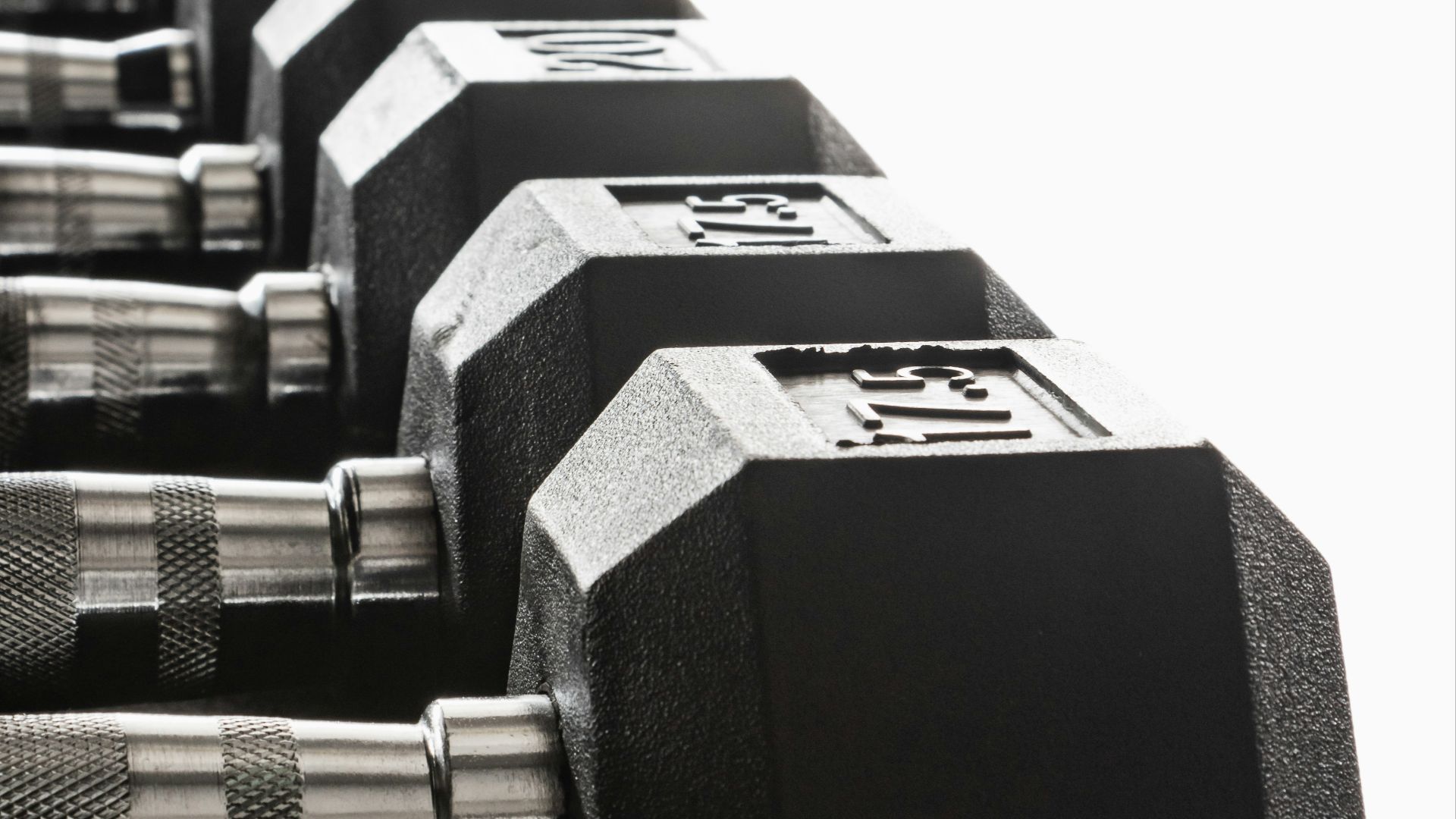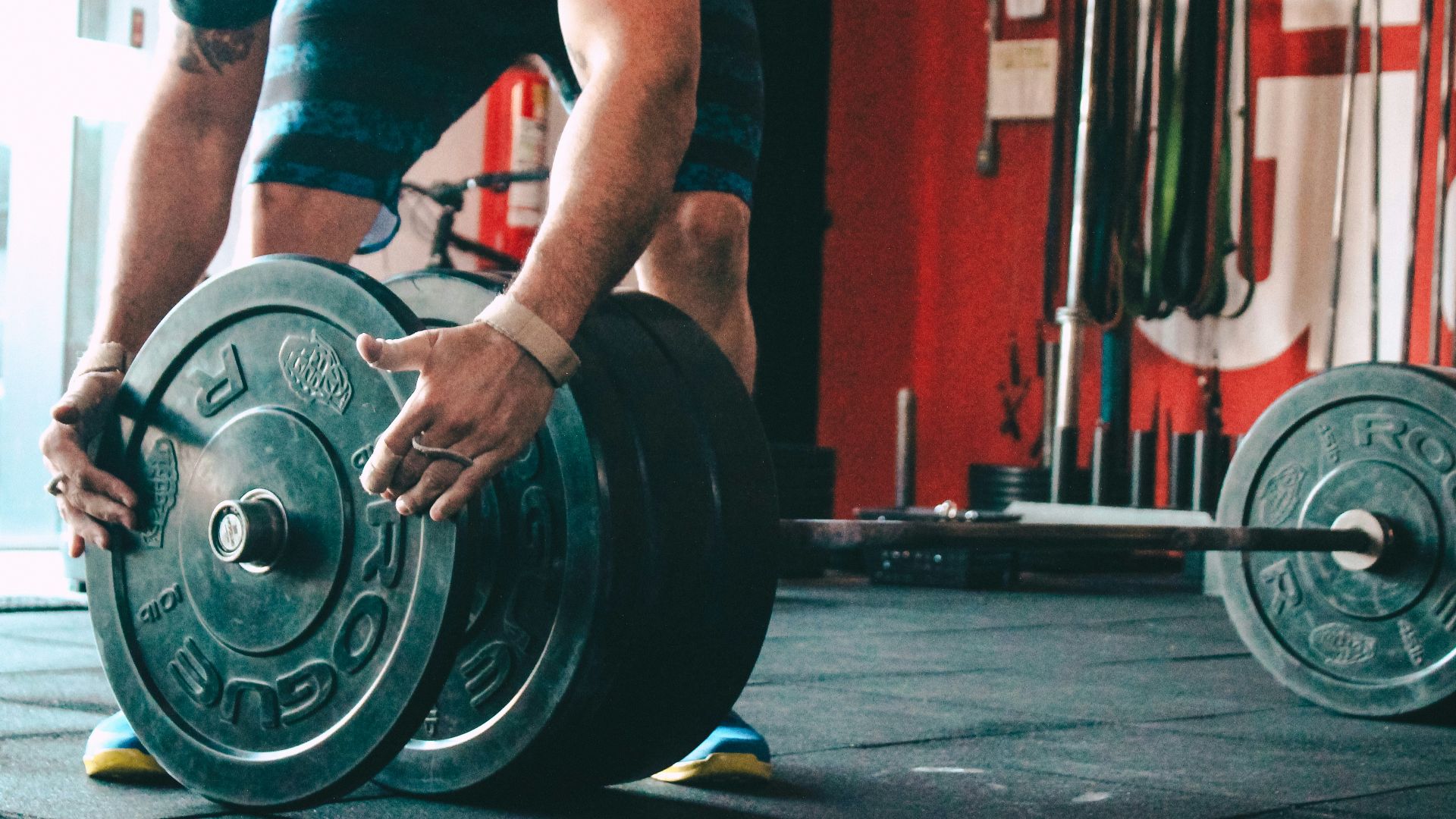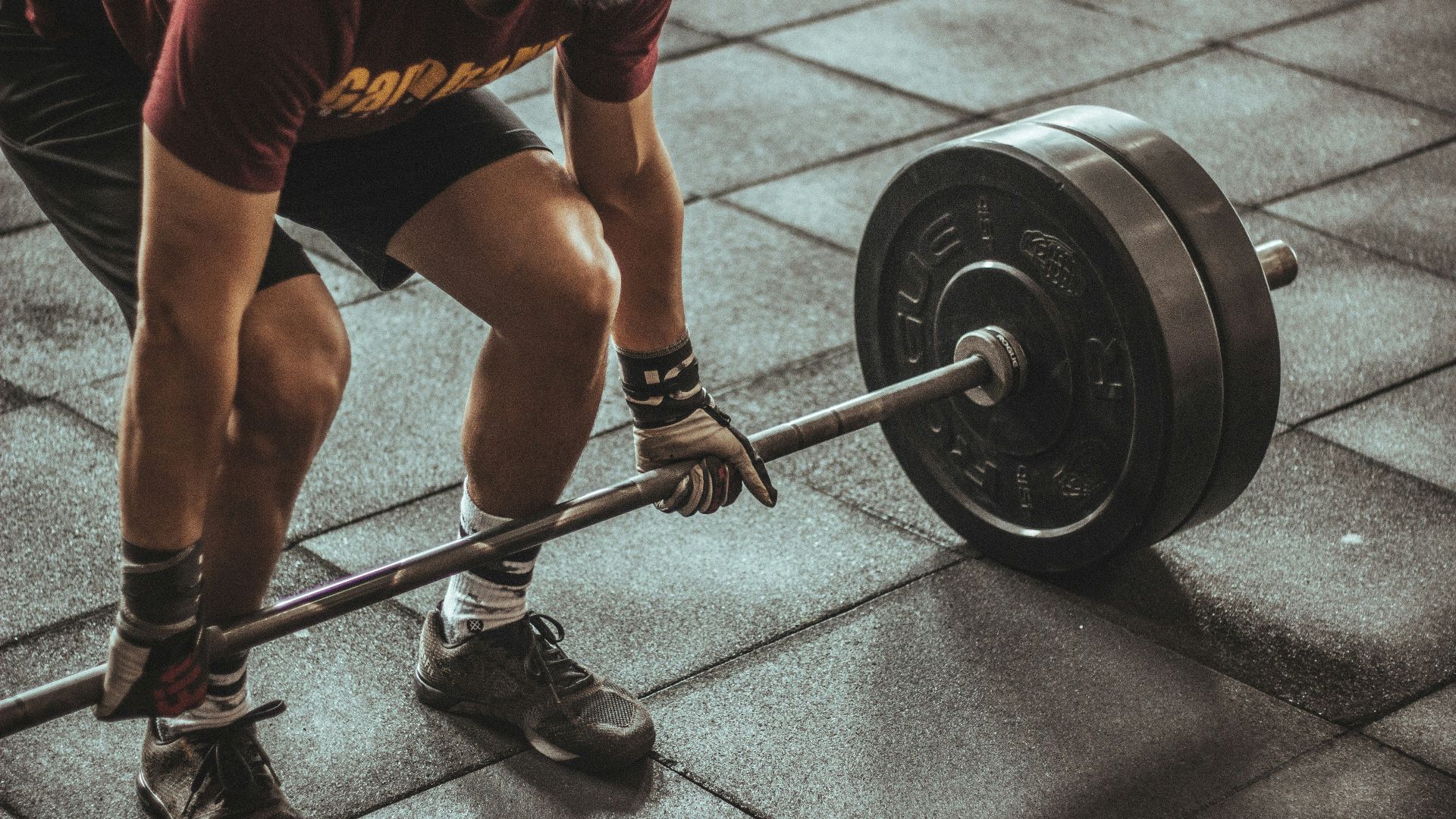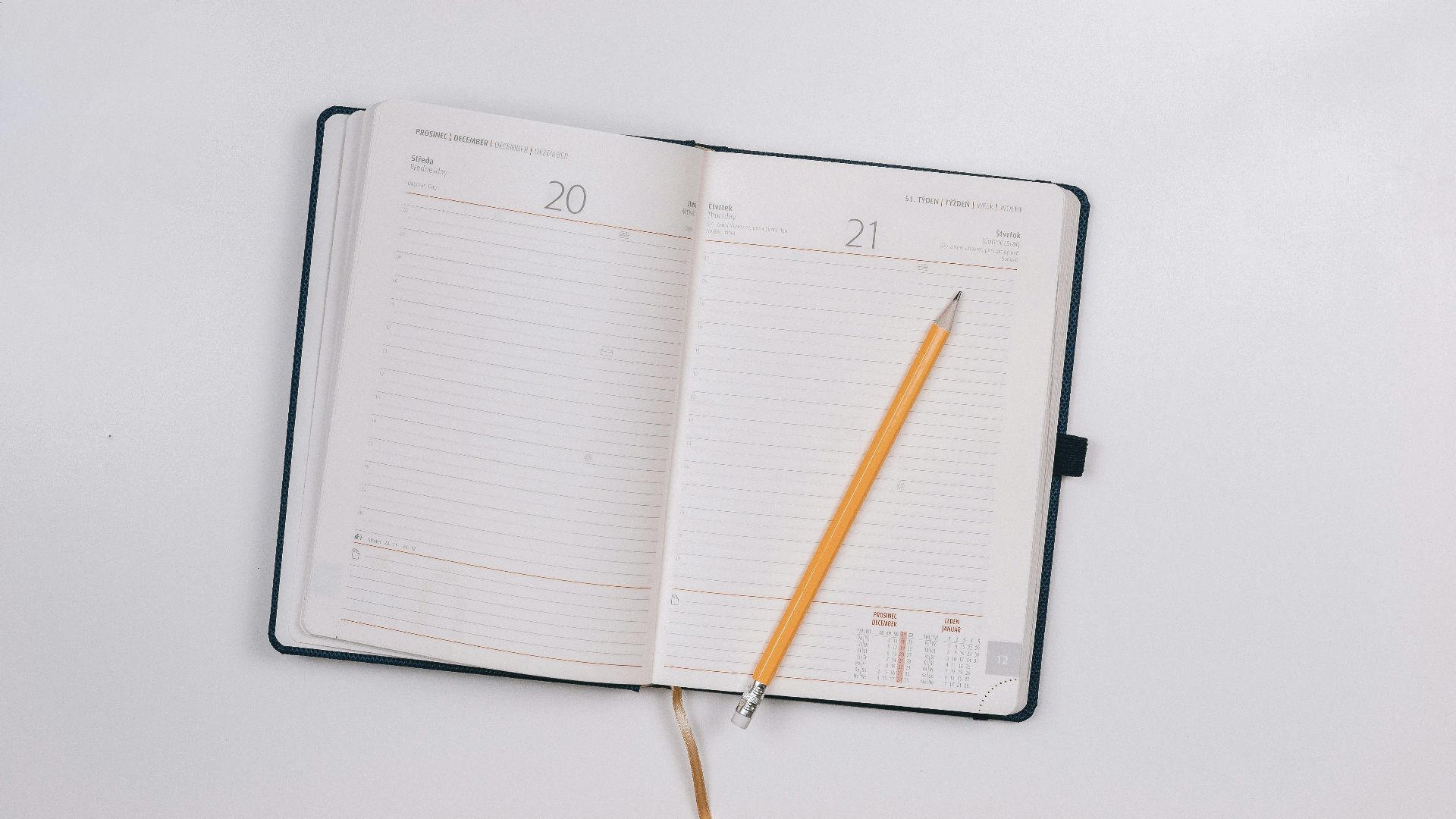10 Dangerous Mistakes To Watch Out For When Lifting Weights & 10 Tips For Improvement
10 Dangerous Mistakes To Watch Out For When Lifting Weights & 10 Tips For Improvement
Feel the Burn
If you wanted to explore the world of weightlifting, then you might find yourself feeling a little intimidated. The possibility of injury is all too common, and the last thing you want to do is mess up before you even begin. To make everything a little easier, here are 20 things to keep in mind when starting this journey.
1. Not Warming Up
Warming up before doing any sort of physical exercise is a very important step that many people forget. It increases your blood flow and properly prepares your muscles for intense workouts. Professionals suggest doing around five minutes of stretches or light cardio before lifting any sort of weights.
2. Pushing Through Pain
The whole “no pain - no gain” thing is not necessarily a good piece of advice. Pain is our body’s way of telling us that something is wrong. If you feel pain when lifting weights, stop immediately and consult your doctor or, at the very least, a trainer.
3. Using Improper Form
Not having good form when lifting weights can cause some serious damage to muscles and joints. Even with light weights, poor posture gives little to no results and risks long-term injury. If you are unsure how to fix your form, you can always consult a trainer.
4. Starting With Heavy Weights
Starting with heavy weights does not mean that you will get your desired results faster. All it does is increase the risk of tears and strains on your muscles. In some cases, you might even get seriously injured, so make sure you aren’t trying to skip to the end.
5. Skipping Rest Days
Working out seven days out of the week doesn’t translate to muscles constantly growing or you getting stronger. Our body needs time to repair the broken muscle tissue. Having no rest days also increases the risk of getting injuries, as well as burning out.
 Aleksandar Cvetanovic on Unsplash
Aleksandar Cvetanovic on Unsplash
6. Overtraining
Pushing yourself to achieve something can be a fine line between discipline and overdoing it. Overtraining can lead to injuries and decreased muscle performance, which gives the opposite results than desired. Make sure you balance the intensity of training with proper downtime in between.
7. Holding Your Breath
When we are trying to lift something heavy, our body’s instinct is to take a deep breath and hold it. This can actually be a very dangerous thing, as it causes increased blood pressure that can lead to dizziness or even fainting. Talk to your trainer or consult an expert on proper inhale-exhale techniques.
8. Not Staying Hydrated
We all break a sweat when going to the gym, and more sweating means more water loss. Dehydration can cause our muscles to cramp, leading to reduced performance, as well as fatigue and possibly even fainting. Make sure you have a water bottle with you when you lift weights and stay hydrated throughout.
9. Overusing Supplements
Relying too much on supplements can give an illusion of progress or the end result. Not only are extensive uses of supplements dangerous for our body’s health, they are a mask and a Band-Aid to the actual muscle growth. Make sure to focus more on proper nutrition and only use supplements if and when needed.
10. Not Wiping Away The Sweat
Leaving your sweat on the weights or the lifting equipment is not only unsanitary but highly dangerous. It makes the surfaces slippery and increases the risk of injuries and accidents. Always wipe down surfaces after working out.
Now that we have discussed common pitfalls, here are 10 things you should do when lifting weights.
1. Start Light
There is no shame in starting out light; we all have to start somewhere. Having lighter weights can help master your form and prevent future injuries once you are ready to increase it. Make sure to take it one step at a time; patience is a virtue.
2. Pay Attention to Pain
Pain is not an indicator that your muscles are growing. There is a very clear difference between the “burn” that is simply a slight discomfort and actual pain that causes potentially permanent damage. Stop immediately if you feel pain to prevent further issues.
3. Have Proper Rest Time
Resting between sets is an incredibly important thing that helps your muscles recover and perform better. It might sound contradictory, but a proper rest time improves your muscle gains. Putting constant and consistent pressure on your muscles can have the opposite effect of the desired outcome.
4. Breathe
Knowing how to breathe can help you power through difficult lifts. The worst thing you can do is hold your breath while doing any sort of exercise. Inhale during the lowering and exhale during the lifting parts. It does miracles when increasing the weight.
5. Know Your Limits
Setting a challenge for yourself is a great way to have and achieve goals. Staying within your limitations is also a very important thing, as this will not only give you a morale boost when you achieve your goal but will also prevent injuries. Gradually increase the weights or number of reps until you get to your desired goals.
6. Focus On One Set
Sometimes when we set goals for ourselves, we try to complete the entire goal in one go. The truth of the matter is that one quality set is better than a quantity of bad ones. Focus on the set you are doing and engage the correct muscles for better results.
7. Accept That It Takes Time
Building muscle and strength takes time. You might not see the results in a week or a month, but eventually, you will, and it will be worth it. Just stay consistent and dedicated when it comes to not missing a day due to laziness or lack of immediate results.
8. Stay Hydrated
Staying hydrated ensures that our muscles are at their highest performance levels. It also helps keep our energy up and prevents cramps and fatigue. If you would like to stay more refreshed and help your muscles recover quicker too, try having vitamin waters or electrolyte drinks.
9. Ensure Protein Intake
A good diet goes hand in hand with exercise. Having protein-rich foods when lifting weights helps rebuild and grow the muscles. Just make sure you don’t eat right before lifting to prevent nausea.
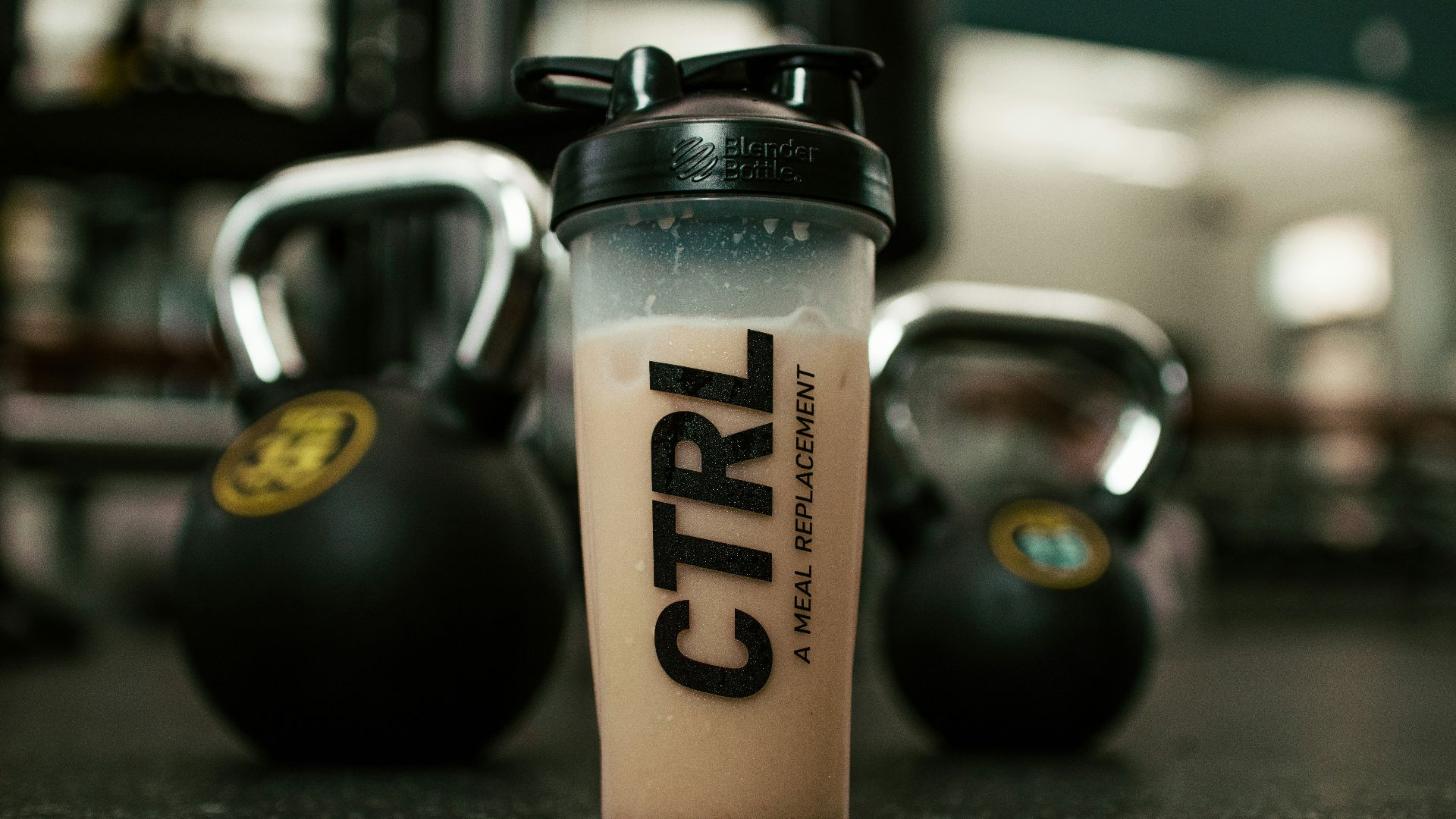 CTRL - A Meal Replacement on Unsplash
CTRL - A Meal Replacement on Unsplash
10. Track Your Progress
Tracking your workout progress can be a great way to ensure consistency and identify areas for improvement. Keeping track of how much weight you are lifting, how many reps, and sets you can do can be a great morale booster as well. Make sure not to be too harsh on your progress if you are just starting out, though, as we all have different progress rates at the very early stages of working out.
KEEP ON READING

20 Best Tiny Apartment Exercises

20 Common Reasons You Aren’t Losing Weight

20 Fast Food Meals That Will Fuel Your Gains



